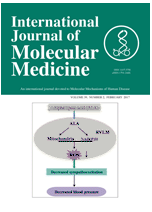Here’s something we don’t see every day: A journal explains in an erratum notice why it chose not to retract a paper that contains data published elsewhere.
According to the Journal of Business and Psychology, the authors violated the journal’s transparency policy by failing to disclose that they’d used the same data in their 2014 in three others. However, the editors ultimately concluded the current paper was different enough from the other three to save it from being retracted.
Here’s the erratum: Continue reading Journal: Here’s why we didn’t retract this duplicated paper


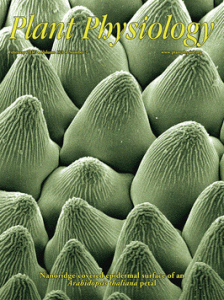 Researchers in China have retracted a paper and corrected three others in a plant journal, citing problems with multiple figures.
Researchers in China have retracted a paper and corrected three others in a plant journal, citing problems with multiple figures.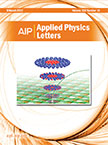
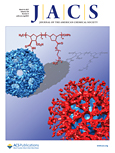
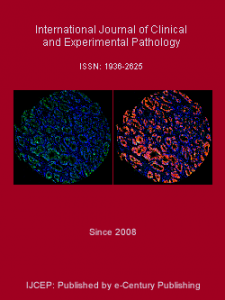
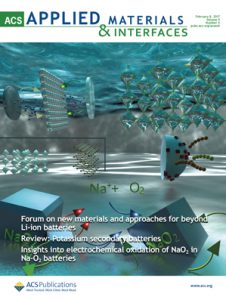 Researchers have retracted two 2016 papers from the same journal which were published without the permission of the supervising scientists.
Researchers have retracted two 2016 papers from the same journal which were published without the permission of the supervising scientists.

